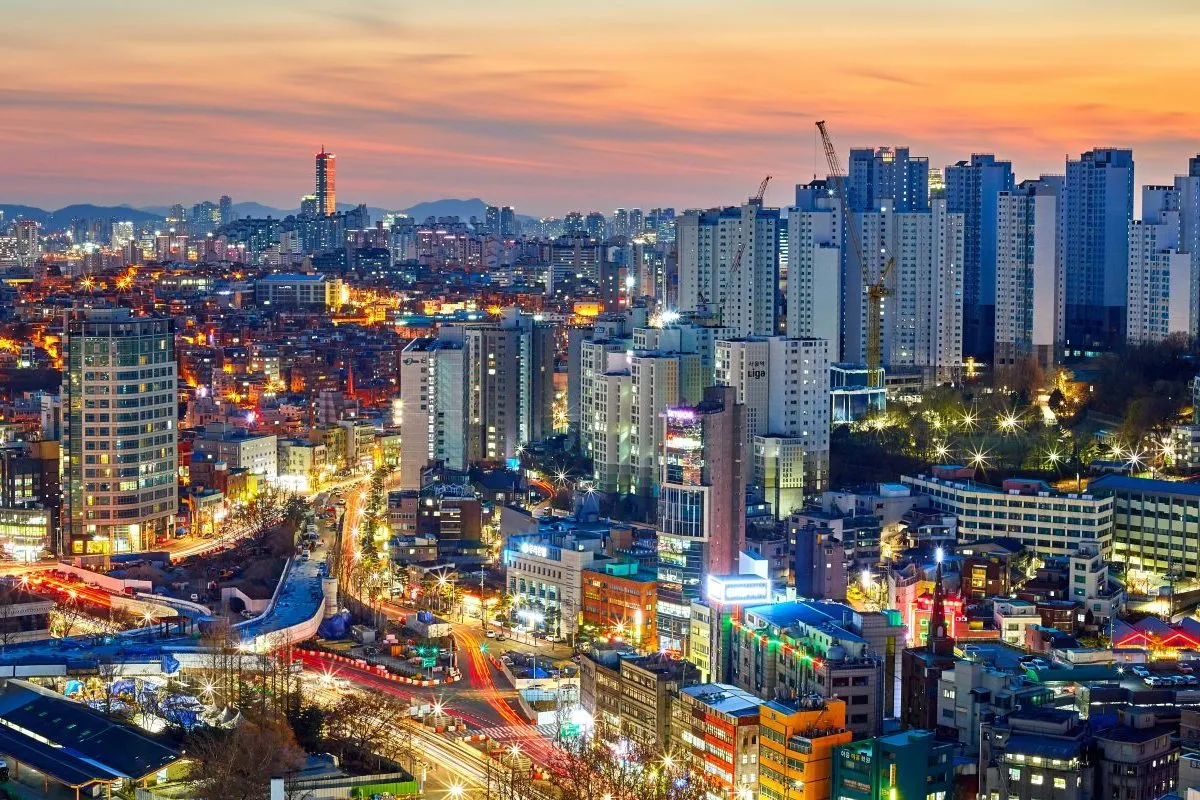How Radisson Explains Sustainability to Hotel Guests
Skift Take

Skift Daily Briefing Podcast
Listen to the day’s top travel stories in under four minutes every weekday.Good morning from Skift. It’s Tuesday, October 11. Here’s what you need to know about the business of travel today.
Listen Now
🎧 Subscribe
Apple Podcasts | Spotify | Youtube | RSS
Episode Notes
The Radisson Hotel Group — like dozens of other major travel companies — has been vocal in recent years about its commitment to sustainability. But it’s also having to thoroughly explain to guests the steps it’s taking to be greener, reports Asia Editor Peden Doma Bhutia.
As Bhutia writes travelers want to know how hotels are becoming greener, Inge Huijbrechts, Radisson’s global senior vice president for sustainability, said she’s been pushing the company to be transparent about such matters. Huijbrechts said transparency is critical in building trust with consumers wary of greenwashing.
Huijbrechts added that hotels need to tailor their information to different groups. She said that hotels should be prepared to explain to corporate clients how they calculate that meetings they host are 100 percent carbon neutral, for example.
Next, the Netherlands’ flag carrier KLM had a successful second quarter, in large part because of a surge in customer demand. But the airline faces a murky future, with the Dutch government capping the annual number of flights from Amsterdam’s Schiphol Airport, reports Jay Shabat, Senior Analyst at Airline Weekly, a Skift brand.
Shabat writes that both KLM and Schiphol are furious about the government’s new policy, which implemented an annual 440,000-flight cap at the airport starting November 2023. KLM and Schiphol will be forced to shrink, with the city’s airline market already being held back by the current cap on annual flights. Shabat adds the new policy poses a significant threat to KLM’s long-term prospects, writing that an airline unable to grow is destined to incur higher non-fuel costs.
KLM has said that flight caps will force it to cut about 30 routes, roughly a fifth of the total it offered this summer.
Finally, Europe will be the world’s largest travel region by the end of this year, leapfrogging Asia-Pacific, reports Senior Hospitality Editor Sean O’Neill.
European air travel has recovered to nearly 85 percent of pre-pandemic levels, according to market research firm Centre for Aviation. Meanwhile, air travel throughout the Asia-Pacific region is down 45 percent from pre-Covid levels. O’Neill cites China’s still stringent travel restrictions as a significant reason the Asia-Pacific region has struggled in its recovery. The Centre for Aviation predicts the region will not see a full return to pre-pandemic travel levels until the end of 2023 at the earliest.





